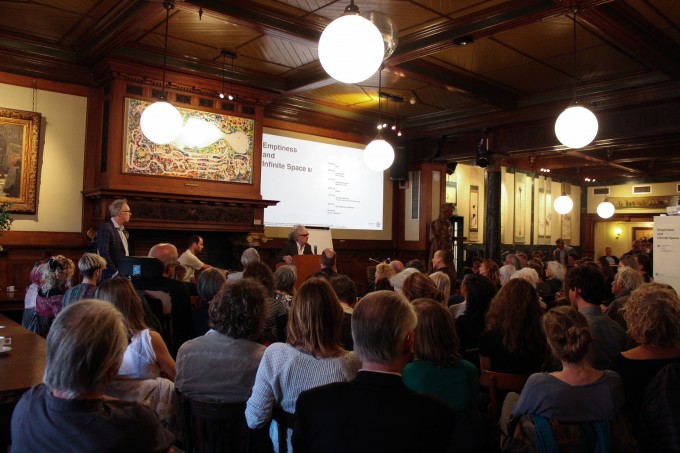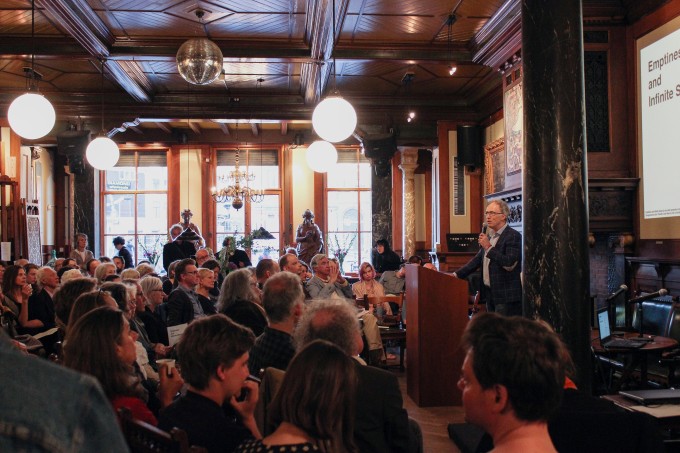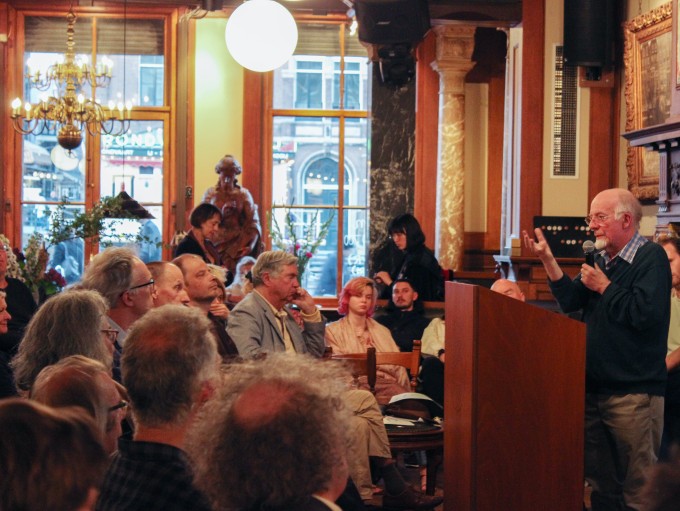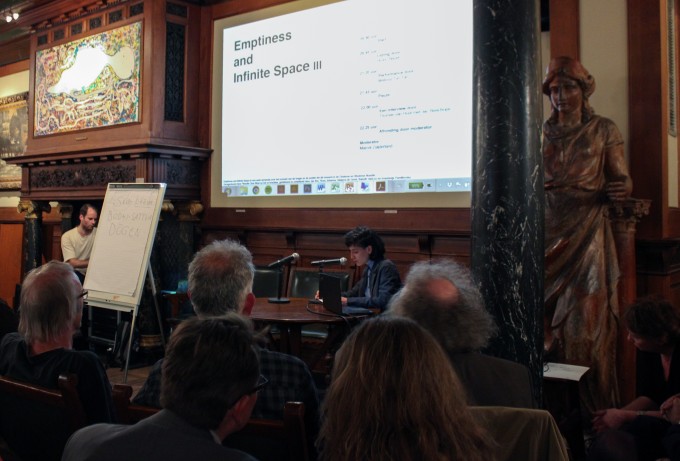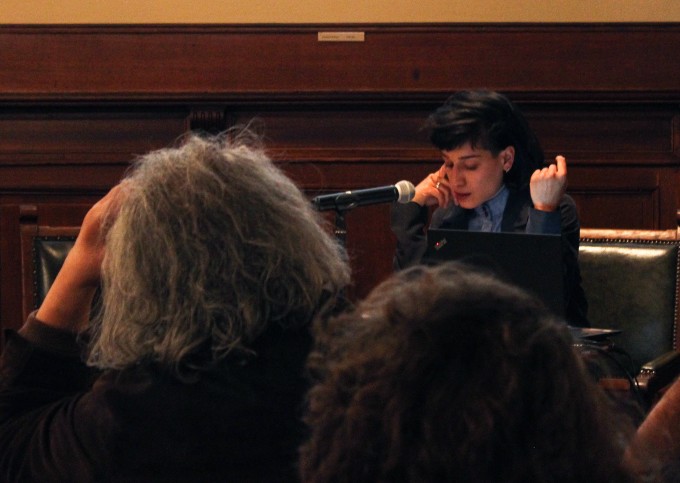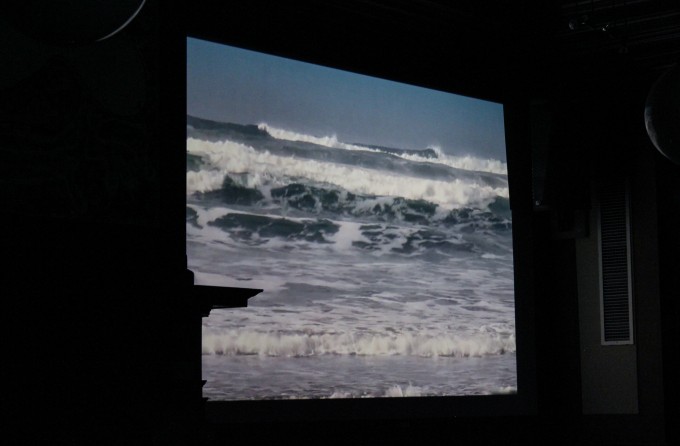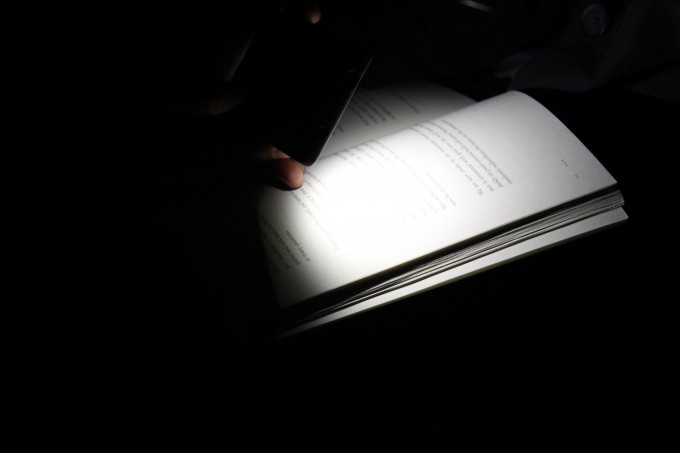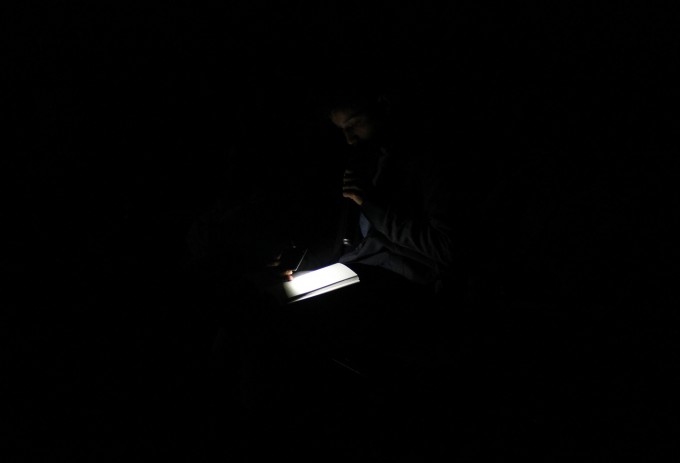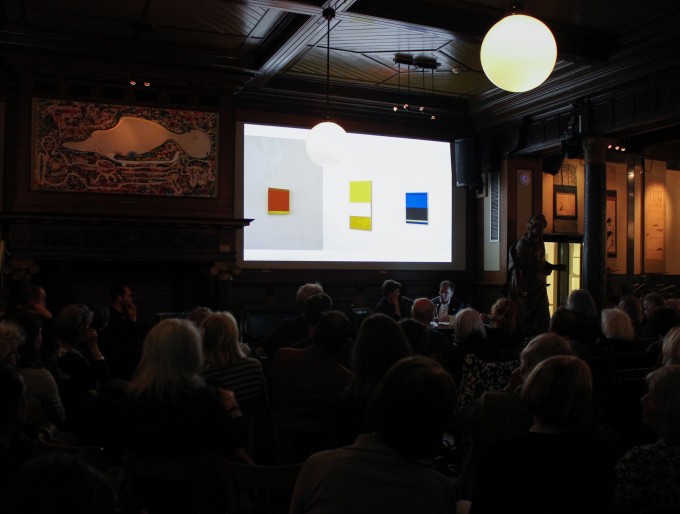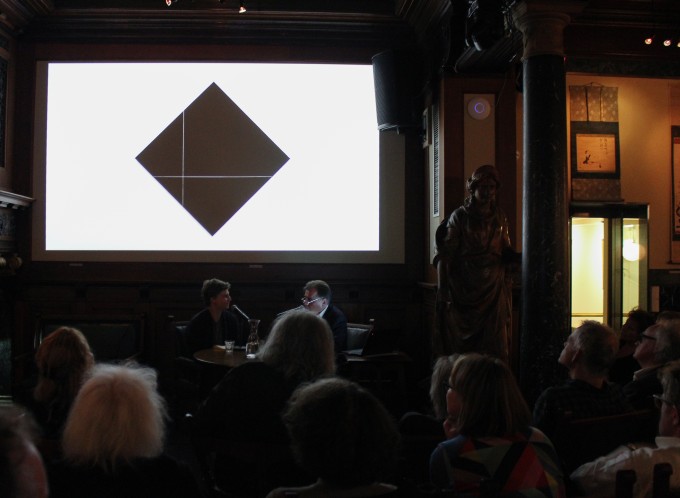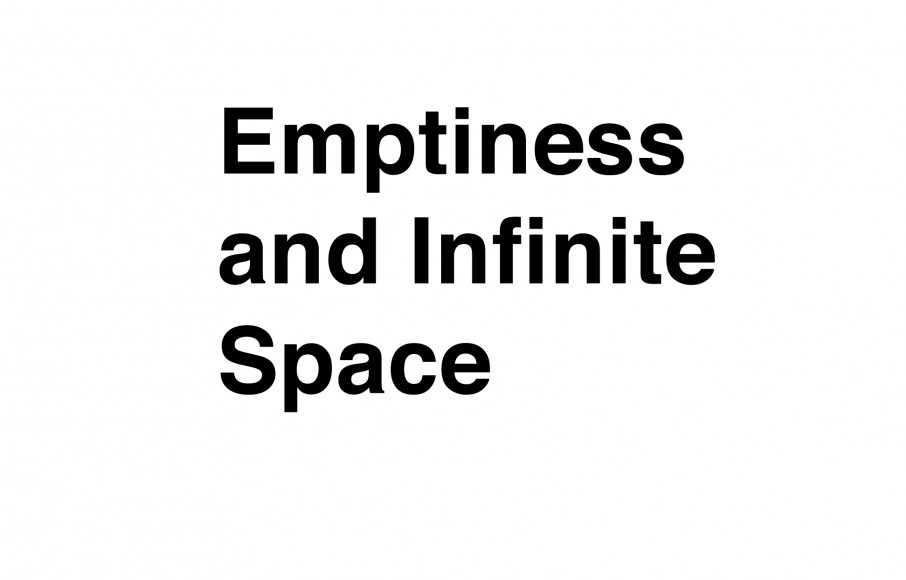
In Western philosophy from Plato onwards, the concept of 'emptiness' is ignored, while in Eastern traditions of thought it is a fundamental concept. It also plays a role in visual art from the 20th century onwards important role. How can a dialogue between philosophy and art be us deepen understanding of the void?
More information about the symposium can be found at: www.emptinessandinfinitespace.nl
With a few exceptions Western philosophers have always feared the notion of emptiness. But in Buddhist philosophy emptiness it is the most important topic. Death overtakes us, and we suffer from our impermanence. Indeed we lack an eternal self. Is this a reason for nihilism? Certainly not; in accepting the vulnerability of our existence Buddhist philosophy finds solace. Bruno Nagel draws an analogy between the concept of emptiness and the writings of the Buddhist philosopher Nagarjuna: 'By showing that all phenomena, as we know and understand them, are empty (shunya), he helps us to nurture a clear mind, and a wakeful and bright attentiveness can be experienced’. Also the work of Jac Bisschops is about emptiness: if your mind is empty and silent, you touch the mystery of things. In that sense there is a relationship between Zen, which Jac Bisschops is practicing, and his visual art. His works revoke silence that leads to meditation. Thomas van Huut will interview Jac Bisschops about how his artistic and Zen practices are integrated. Melissa Tun Tun will do a performance during the evening on the Buddhist emptiness, which Bruno Nagel talks about.
Melissa Tun Tun lives and works in Geneva. She studied Fine Art at the Gerrit Rietveld Academy in Amsterdam and obtained a Master in Art, Research and Praxis at the Dutch Art Institute (Arnhem, NL, 2016). Melissa Tun Tun explores countercultures, resistance and positive disobedience. Her working method is interdisciplinary and recent projects take the form of performances, sounds, videos, interventions and collaborations. She exhibited in Les Urbaines (2014) and was selected for the Swiss Performance Art Award and the Kiefer Hablitzel Prize in 2016.
Dr. Bruno Nagel was a lecturer in comparative philosophy at the University of Amsterdam, and teaches courses at the School for Comparative Philosophy in Antwerp. He obtained his PhD on the Indian philosopher Abhinavagupta and wrote articles on Hindu and Buddhist philosophy. In the standard work 25 Centuries of Eastern Philosophy (Amsterdam 2008), which was published edited by Jan Bor and Karel van der Leeuw, he wrote the introduction to India and provided the translation and explanation of a number of texts from Indian philosophy. He has also published on Meister Eckhart, including in relation to Zen Buddhism. His main focus is on the borderline of philosophy and spirituality.
Jac Bisschops is a master in sensitizing space and is known for his in-depth search for the essence of art. His 35-year painting oeuvre is based on the value of simplicity, stillness and transcendence. In addition to study trips in Europe, Bisschops made many trips to India, Himalaya, Egypt and Mali, among others, where he absorbed the art and sacred architecture of the ancient cultures. He is also inspired by classical and contemporary spiritual religious music. His philosophy is oriented towards Zen Buddhism. Thomas van Huut is an art journalist for, among others, NRC Handelsblad and Brainwash.nl and is an art editor at the Merger. He studied journalism and philosophy in Utrecht Swansea and Amsterdam.
Emptiness and Infinite Space is a series of symposiums on the concept of emptiness and the position it occupies in Eastern and Western philosophy. Organized by Philosophy East West and Arti et Amicitiae, initiated and developed by Marjoca de Greef, Babeth VanLoo, Jan Bor, Rosa Johanna and Anastasia Pandilovska.
